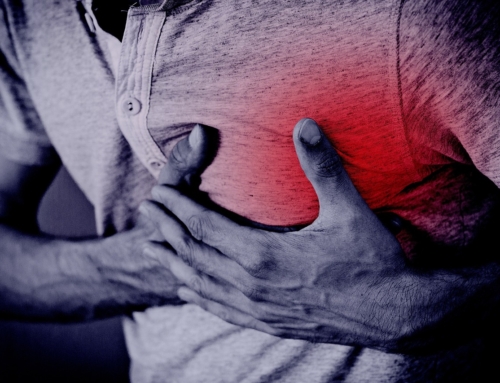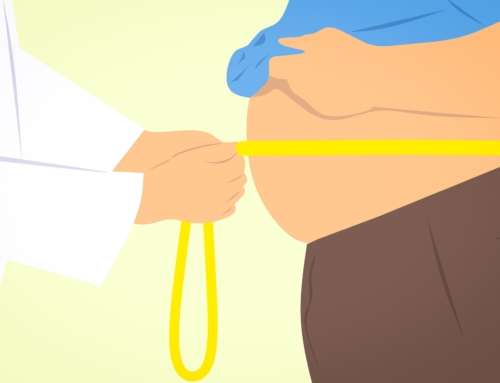Erectile dysfunction (ED) is a term used when a man cannot keep an erection firm enough for sex. It can also include trouble getting an erection and reduced sexual desire. All men have some ED occasionally and it is usually not a cause for concern but when it is an ongoing issue it can cause stress, relationship issues and affect a man’s self-confidence.
There are many causes of ED and it is important to understand the differences to fully evaluate the treatment options available. Sexual arousal in men involves many different factors: hormones, emotions, nerves, muscles and blood vessels. ED can result from a problem from any of these. In addition, many medical conditions contribute to ED as well as medications.
ED is a very common issue and is said to increase in incidence by 10% for each decade of life. For example, is occurs in 50% of men in their 50’s, 60% of men in their 60’s etc. This is a true medical condition and while it may be embarrassing discussing this, medical clinics understand the issue and may help guide your treatment options.
ED can be a sign of medical conditions (like coronary vascular disease) so it is very important to evaluate the cause as much as possible. READ ON to review the many different causes of ED and treatment options (including a special treatment that will be doing in our clinic starting in April) ….
As a man ages, erections have a natural tendency to become softer and may take longer getting one but there are other factors that can exacerbate the normal aging process. Let’s explore these areas.
-
- Medical conditions: diabetes and heart disease are two key triggers for ED. These conditions affect the small blood vessels and sometimes ED is the first sign of diabetes or vascular disease! Obesity, high blood pressure, high cholesterol are all included as potential causes. ED symptoms can occur as a result of atherosclerosis & inflammation in the penis 2-5 years prior to the formation of coronary artery disease. When you address these conditions and start to reverse some of the damage with really good control then ED can improve. Because ED can be a significant indicator of coronary artery disease it is very important to actually evaluate for all causes of the issue and not just run for a quick fix. Getting a calcium heart score and a carotid intimal thickening ultrasound are two ways to screen for plaque in those vessels of the heart and carotids.
- Tobacco: long term tobacco use causes constriction in the blood vessels which can eventually cause ED
- Medications: antidepressants are notorious for making it difficult to orgasm (in men and women). Other medications that can cause ED include high blood pressure, prostate and sometimes antihistamines. It is important to not just stop these medications though and work with your health care provider. Often lifestyle changes and diet changes can make huge impacts and reduce the need for some of these medications.
- Psychological: stress, anxiety and depression all can cause ED. Performance anxiety is a real issue and once a man has ED this can get even worse.
- Alcohol: alcohol can cause a variety of sexual dysfunctions
- Hormones: low testosterone can decrease interest not only in sex but in life in general. However, just because you boost testosterone doesn’t mean the ED will improve. A key area to evaluate if a man has low T is to make sure they don’t have sleep apnea. Sleep apnea can contribute indirectly to ED as a result of this.
Treatment options vary depending on the cause.
-
- Counseling: any psychological issue should be addressed to decrease the stress component of ED.
- Supplements: supplements with arginine or those that promote nitrous oxide formation often help with mild ED. These act by dilates the blood vessels therefore increasing the blood flow.
- Medications like Cialis and Viagra (and others) cause a release of nitrous oxide which helps relax the muscles and improves blood flow.
- Testosterone replacement- this can come in the form of topical creams, injections or pellets and can help desire and arousal.
- Shock wave therapy: A special machine applies firm taps to the underside of the penis and base which encourages new blood vessel formation and potentially improve existing blood vessel flow into the penis. This is a non-invasive treatment that requires six sessions. Each session is about 15 minutes long and you do two per week for three weeks. Reports of use indicate improvement in as much as 80% of participants. *** we are going to have this technology available to use starting in April!!
- Alprostadil self-injection/suppository: This medication is injected into the base of the penis which is used to create an erection that lasts no longer than an hour. The other option is a suppository that is placed inside the urethra which can help illicit an erection within 10 minutes.
- Penis pump: This is a vacuum erection device that pulls blood into your penis. A tension ring is then placed at the base to hold the blood flow and the erection typically lasts long enough for sex. The ring is removed afterward.
- Penis implants: An inflatable device is implanted which allows control of when and how long an erection will last. This is usually a last resort but when needed have a high degree of satisfaction.
If you or your partner has ED then have a medical evaluation looking for contributing factors and discuss your options with your healthcare provider.
To your health,
Laura









